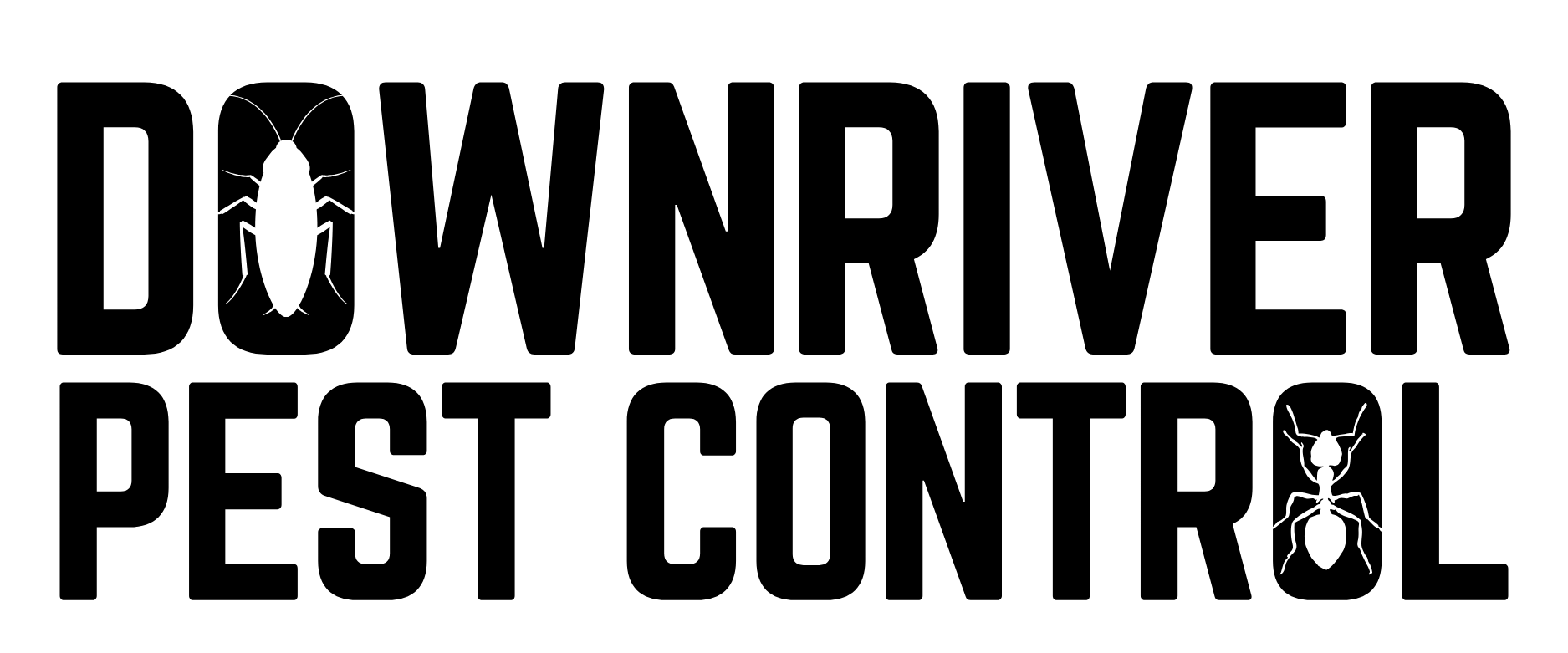Understanding Flies Insights and Solutions
Learn About Common Spider Species, Their Behavior, and How to Prevent Infestations with Expert Tips from Downriver Pest Control
Most Common Flies in Southeast Michigan

House Fly
The most common fly found in homes. They are known to spread pathogens and contaminate food.

Fruit Fly
They are attracted to sugary substances, often found around decaying fruits and vegetables. They reproduce quickly and infest kitchens and pantries.

Cluster Fly
Slightly larger than house flies, they are dark with golden hairs. They are known for entering homes in large numbers, especially in the fall.

Blow Fly
Metallic green or blue flies, larger than house flies. They are attracted to dead animals and decay.

Drain Fly
Small, moth-like fly with fuzzy wings. They breed in standing water. A significant infestation can point to plumbing issues.

Stable Fly
Looks similar to a housefly, but has a pointed mouth. They feed on blood and often bite humans and animals.
Top Facts About Flies
Here Are Downriver Pest Control's Top 6 Facts About Flies
1. Incredibly Fast Reactions
Flies have incredibly fast reaction times due to their compound eyes, which allow them to see in nearly 360 degrees.
2. Rapid Reproduction
House flies can lay up to 500 eggs in their lifetime. Eggs hatch into larvae within 24 hours, and flies reach maturity in just 7-10 days. This rapid lifecycle is why fly infestations can quickly spiral out of control.
3. Disease Carriers
While worker ants usually live for a few months, queen ants can live for over a decade. Queen ants are responsible for laying eggs and maintaining the colony's population.
4. Super Strength
Ants are incredibly strong for their size. Some species can lift objects that are up to 50 times their own body weight.
5. Flies Can Walk Upside Down
Flies can walk on walls and even upside down on ceilings thanks to the sticky pads and tiny hairs on their feet. This allows them to cling to most surfaces with ease.
6. Flies Taste with Their Feet
Flies don’t need to eat food to know it’s good—they taste with their feet! Special receptors on their feet can detect sugars and other substances, which is why they land on food so often.
fly-Proof Your Home
Effective Strategies to Prevent Infestations
Maintain Cleanliness
Clean up spills immediately and don't leave any food residue behind. Take out trash regularly into tightly sealed bins.
Seal Entry Points
Inspect your home for cracks and gaps around doors, windows, and foundations. Seal these entry points with caulk or weatherstripping to prevent flies from getting inside.
Eliminate Breeding Sites
Check for any standing water such as bird baths and plant saucers. Inspect compost heaps and pet waste to remove breeding areas.
Monitor for Early Signs
Watch for early signs of flies, like small clusters of flies near windows, which could indicate an infestation starting. Acting early can prevent a larger problem from developing.
Fly infestations can be a serious problem, but you don’t have to face them alone.
At Downriver Pest Control, we offer expert solutions to keep your home fly-free. Contact us today for a comprehensive inspection and personalized prevention plan.

